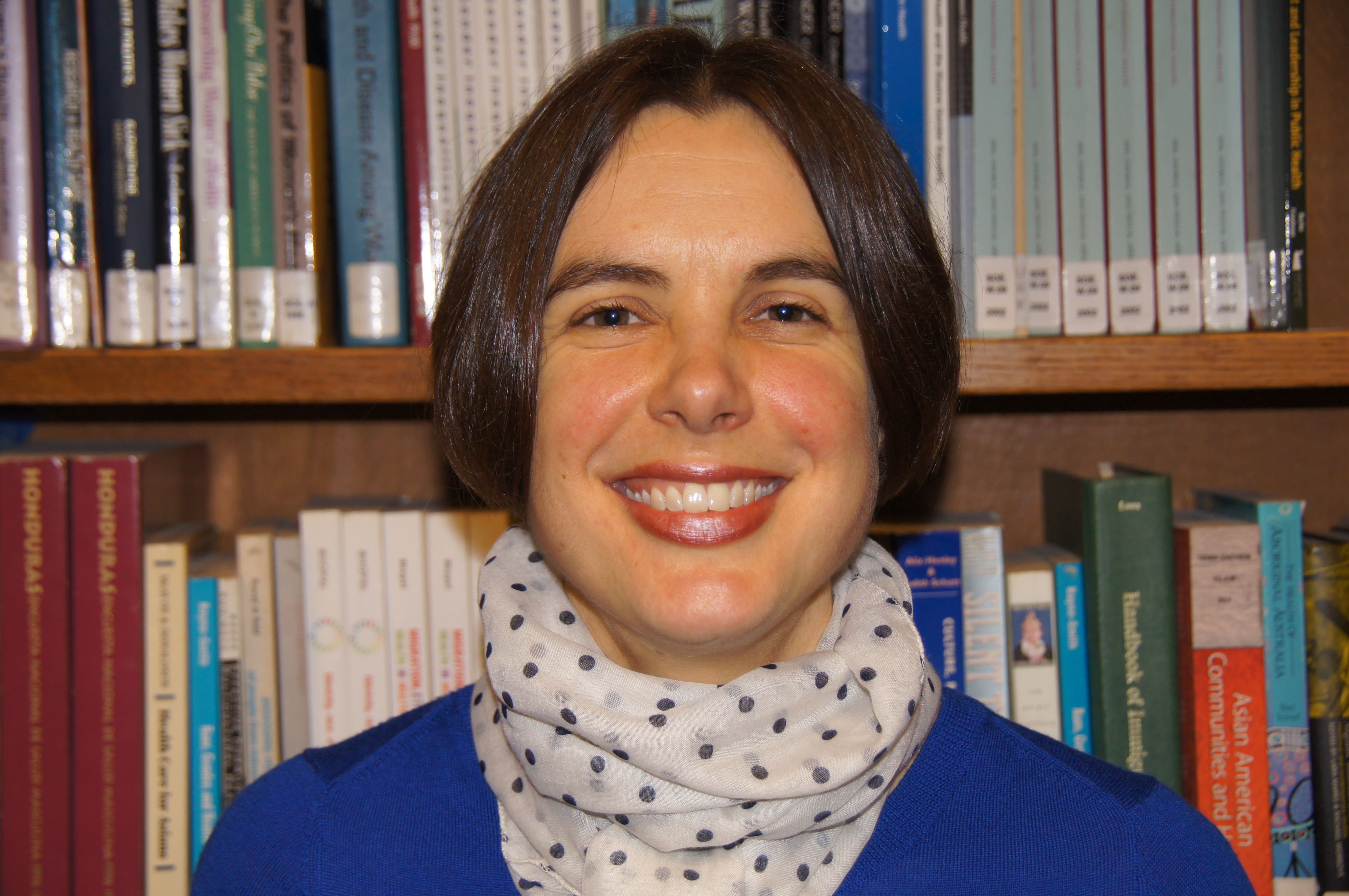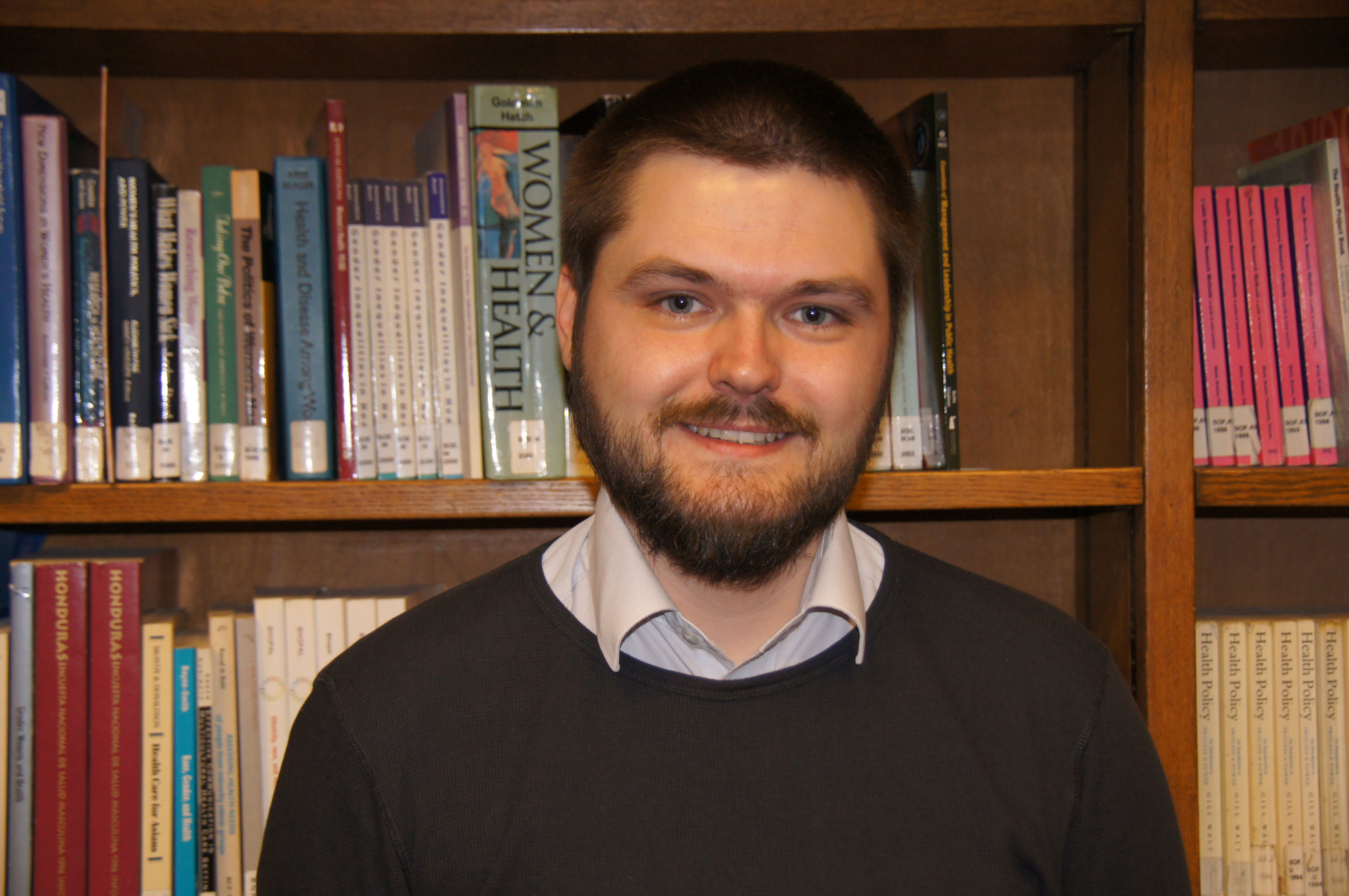People
Researchers:
Alex Mold
Alex Mold is the Principal Investigator on the Placing the Public in Public Health project. In addition to managing the overall award, Alex is working on the strand of the project that looks at the changing conception of the public within health education and health promotion. So far, this research has involved analysing a collection of public health posters, films and other educational tools, as well as considering how the public were spoken to by public health in particular situations. Alex is a Senior Lecturer in History at the LSHTM and she is one of the Deputy Directors of the Centre for History in Public Health. You can read more about her work here: http://www.lshtm.ac.uk/aboutus/people/mold.alex
Gareth Millward
Gareth Millward completed his PhD at the School in 2013 on the history of disability policy in Britain after the second world war. He is particularly interested in the history of the British welfare state and the role of medicine and medical policy within this. Since 2014, he has been working on the project as a research fellow, investigating the strand on infectious disease.
Gareth’s research focuses on the public’s place with regard to vaccination since 1948. This spans a number of areas including: which “populations” or “publics” were the targets of vaccination; how individuals and groups responded to crises; public confidence; public apathy and public panic; the scientific, cultural and moral justifications for policy; resistance and compliance; and much more besides. Using a range of sources at the local, national and transnational levels, Gareth has mostly focused on five vaccines which have generated a great deal of debate. Namely those against: smallpox; poliomyelitis; pertussis; diphtheria; and measles-mumps-rubella.
Daisy Payling
Daisy Payling completed her PhD at the University of Birmingham in 2015 on activism and local government in the 1970s and 1980s, and has been working on the project as a research fellow since October 2015. Her strand of the project focuses on health surveys; on the growth of the survey as a tool to both measure population health and to gather information on public opinion of health challenges and services. Daisy is looking at the ways in which the public was constituted through surveys and also how the public spoke back to public health.
Daisy’s research uses the health sections of the Government Social Survey as a starting point. She is looking into the reasons for and the conversations behind the Wartime Survey of Sickness and surveys into public attitudes towards diphtheria immunisation and campaigns around venereal disease, among others. By examining the survey processes and findings and how they were reported in the press, Daisy aims to shed light on who the public were, how they were considered by public health, and how public opinion emerged and developed as a useful concept in health. As the project continues, Daisy’s work will broaden out to look at surveys such as the National Survey of Health and Development, the Whitehall studies, and the National Survey of Sexual Attitudes and Lifestyles.
Peder Clark

Peder Clark started a PhD at the School in September 2015. Peder’s doctoral research concerns the development of British coronary heart disease epidemiology from 1948 to 2010, and how it was communicated to, and translated by, the public. It will examine seminal epidemiological research such as the Whitehall studies and the work conducted by the Medical Research Council’s Social Medicine Unit, as well as exploring how messages about diet and exercise were publicly disseminated by figures including Prof John Yudkin and organisations such as the Health Education Authority.
Prior to starting his PhD at LSHTM, Peder worked as a public health registrar. He has a MA in Contemporary History and Politics from Birkbeck College, London, and a MSc in Public Health from LSHTM.
Hannah Elizabeth
Hannah El izabeth is a research assistant on the Placing the Public in Public Health project. Hannah will consider the way emotion figured in British post-war public health. Working with the other project members to contribute to each strand of the project, Hannah aims to examine how emotion was used in different health campaigns, how the public’s emotions were imagined and how emotion figured in the success or failure of different health initiatives.
izabeth is a research assistant on the Placing the Public in Public Health project. Hannah will consider the way emotion figured in British post-war public health. Working with the other project members to contribute to each strand of the project, Hannah aims to examine how emotion was used in different health campaigns, how the public’s emotions were imagined and how emotion figured in the success or failure of different health initiatives.
Before joining the team, Hannah completed a PhD at the University of Manchester in 2016 on the history of the representation of HIV to children and adolescents in Britain in the 1980s and 1990s.



